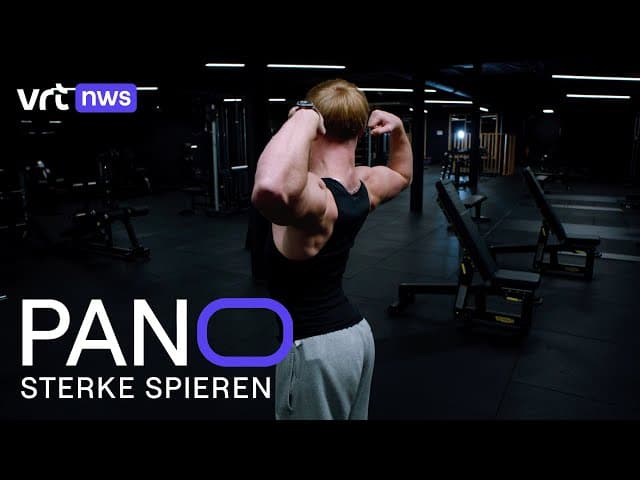The fact-checking initiative emphasized collaboration among journalists, medical experts, academics, and researchers to provide accurate health information across various platforms like radio, television, podcasts, and social media. It involved a partnership between public broadcasters VRT and Pointer, fact-checking organizations, and data intelligence firms. A survey found that 60% of Flemish general practitioners receive health inquiries from young patients about advice seen on social media platforms like TikTok and Instagram.
Textgain, a data analysis firm, monitored health-related misinformation trends on social media, employing advanced algorithms to identify misleading claims about supplements, contraception, and mental health. This evidence-based strategy led to diverse content formats—TV reports, radio segments, podcasts, and short videos—ensuring that information was tailored for each platform.
The initiative’s multimedia approach was effective, garnering over 172,000 readers for VRT NWS articles and significant views on TikTok and Instagram. Engaging younger audiences was a focus, with a youth editorial team shaping relatable content. A notable experiment highlighted the rapid emergence of harmful content on social media, underscoring the urgency for reliable information.
Experts highlighted the complexity of tackling disinformation, which often includes half-truths and misleading contexts. While disinformation spreads quickly, the creation and dissemination of accurate information require substantial resources. The initiative sparked broader discussions on the societal impacts of health misinformation, noting that public media must enhance its visibility and credibility compared to influencers.
Overall, the program illustrated how public media can swiftly and credibly address emerging threats through cross-sector collaboration. The goal is to forge connections among different professional fields to effectively combat disinformation and improve public understanding of health-related issues.



